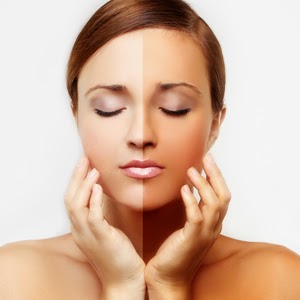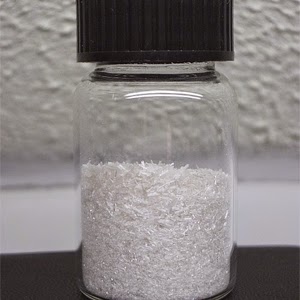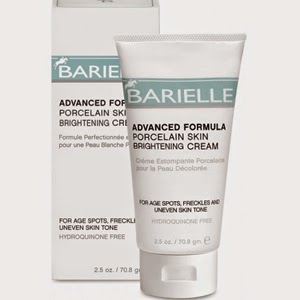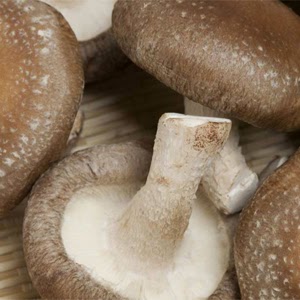If you’re like most people you’ve never heard of Glutathione however, Glutathione is actually fairly popular in Asian countries like Japan and China, particularly with women.

Glutathione is typically used for skin whitening, and as a product, that’s where it really shines but, it can be very helpful with a number of other skin issues as well.
If you’re considering using skin whitening products but you’re afraid of potential side effects, you should give Glutathione some consideration. It’s effective when it comes to whitening the skin quickly, and it’s widely regarded as a safe way to whiten the skin.
What Is Glutathione?
Glutathione is a small protein composed of three amino acids: cysteine, glutamic acid and glycine. It is involved in detoxification of the liver and the body. Glutathione to toxins, such as heavy metals, solvents, and pesticides, and transforms them into a form that can be excreted in urine or bile.
Glutathione is also an important antioxidant, counteracting the effects of free radicals produced in the body by oxidation reactions. In preliminary research, dietary glutathione intake from fruit and raw vegetables has been associated with protection against some forms of cancer. Glutathione has also inhibited cancer in test tube and animal studies. In preliminary research, higher glutathione levels have also been associated with good health in older adults.
How Does Glutathione Work?
Glutathione works in a very simple way, yet other skin whitening products can’t compete with the all-natural amino acid compound. Simply put, Glutathione works to clear the body of free radicals and toxins that can lead to serious skin problems like hyperpigmentation and melasma, as well as more common ones like sun spots.Where is it found? Dietary glutathione is found in:
- fresh and frozen fruits and vegetables,
- fish and meat.
- Asparagus,
- avocado and
- walnuts are particularly rich dietary sources of glutathione.
Glutathione can be taken in supplement form but may not be effective. The production of glutathione by the body can be boosted by taking supplemental:
- N-acetylcysteine
- L-cysteine plus
- L-methionine

Benefits of glutathione
Glutathione (also known as GSH) has been deemed the “super antioxidant” by medical science, but what does that really mean to you? How much different could your life be if you had more energy, clearer thinking, and became ill less often? GSH plays an important role in every cell of your body. How will increased levels of GSH impact your life? Some of the key benefits of glutathione include:
Increased Energy
Clearer Thinking
Faster Recovery and Less Muscle Pain after Exercise
Reduces the Effects of Aging
Reduces Wastes and Toxins in the Body
Improved Heart and Lung Function
Increased Immunity Levels
Side effects of glutathione
Allergic Reactions
Like any supplement, glutathione has the potential for allergic reactions in some people. This is not really something that can be planned for unless it is not the glutathione but another ingredient in the supplement that is causing the reaction and you already know to avoid this other substance. It is just something to be aware of.
The potential for allergic reactions should not discourage you from considering glutathione. Any supplement has the potential for an allergic reaction but most people who take supplements the way they are meant to be taken experience no adverse reactions. Just make sure to pay close attention to how you feel and any symptoms that you experience when you start taking glutathione.




